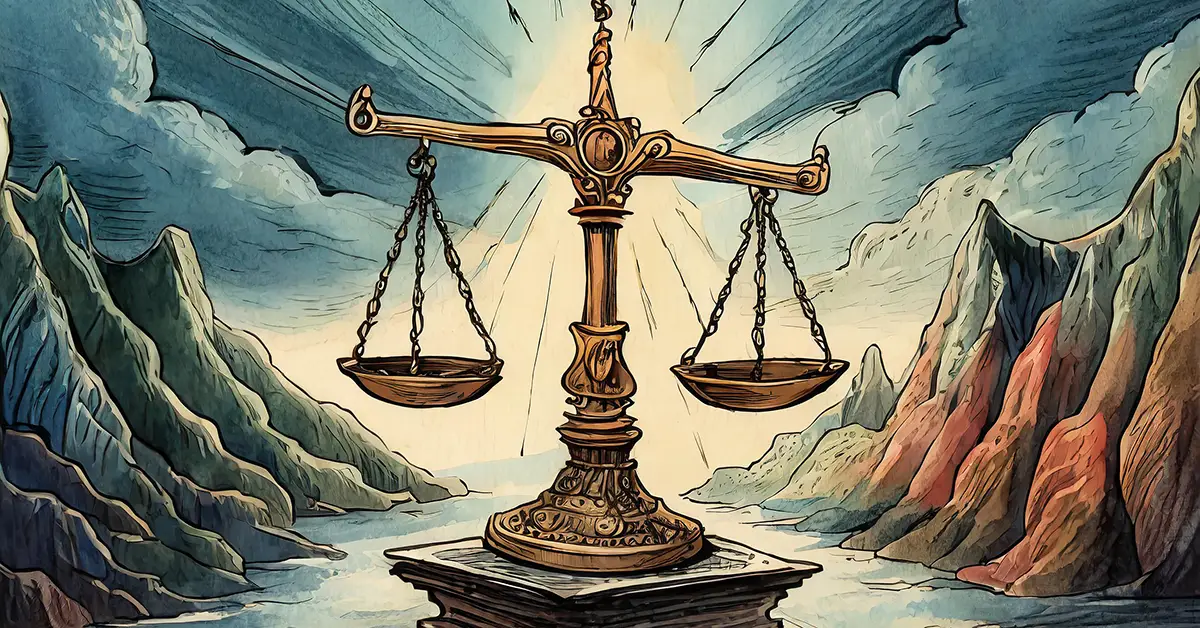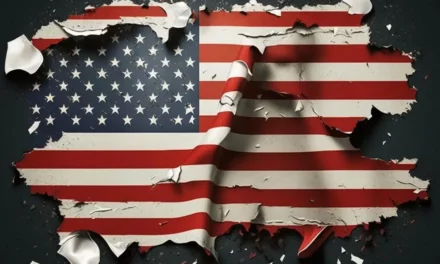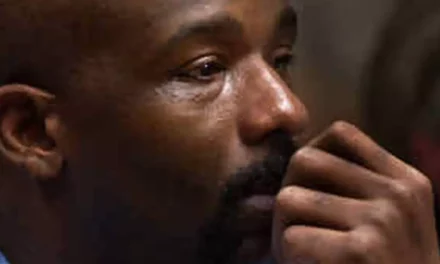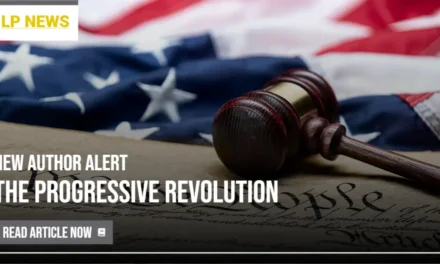In my previous article on the Ninth Amendment, I highlighted how the amendment is basically redacted because of lack of use and precent. The result is that there is no clear way to protect unenumerated rights. Moreover, this opened the door for the Court to create a two-tiered system of rights where enumerated rights (those listed in the Constitution) are held to a higher level of protection than unenumerated rights (rights not listed in the Constitution such as the right to work, contract, profit, travel …).
Justice Harlan Stone’s opinion in United States v. Carolene Products was dubious and awful for two reasons that will be highlighted as this article unfolds. Carolene Products was part of a long line of bad decisions by the Supreme Court during the Franklin Delano Roosevelt administration. FDR was not going to let a national emergency, the Great Depression, go to waste. FDR finally got the Supreme Court in his corner after he threatened to pack the Court with six more justices because he viewed them as hostile to his New Deal legislation. Shortly after FDR’s threat, the Supreme Court magically became a reliable rubber stamp with their seal of approval for FDR’s controversial New Deal legislation.
The vehicle the Supreme Court used to approve intrusive legislation which either circumvented states’ powers and or mitigated the fundamental rights of citizens was expanding the Interstate Commerce Clause. The Founders definition of the Interstate Commerce Clause was to regulate the selling of merchandise between the states. Now the Interstate Commerce Clause covers everything which is economic in nature including manufacturing, people, crime, endangered species, firearms, energy, and labor laws. The gradual expansion of the Interstate Commerce Clause definition started very early in American history with the Gibbons v. Ogden decision in 1824. Nevertheless, the Interstate Commerce Clause expansion was on steroids during the FDR administration.
Consider two other cases during the Great Depression timeframe: Nebbia v. New York and Wickard v. Filburn. In Wickard, the Court held the federal government could dictate how much wheat a farmer can produce (Agriculture Adjustment Act of 1933), and growing any excess to feed his family and livestock was prohibited. In Nebbia, the Court caved to the powerful dairy lobby and jailed a store owner for selling milk for under nine cents a quart. During the Great Depression, people were desperate and starving, but the objective of the New York law, upheld in Nebbia, was to help the dairy lobby fix milk prices to inflate their profits.
The first dubious aspect of Carolene Products was that the Court held that the Filled Milk Act which banned filled milk from interstate commerce was legal. The real reason for banning filled milk was because it was sold for three cents less a quart than ordinary milk. Again, the dairy lobby won at the expense of the starving public and small businesses. The government convinced the Court filled milk was unhealthy for the public when filled milk was indeed, healthier. As people lived in fear contemplating their survival without work and food during the Great Depression, politicians used the catastrophe as an excuse to expand the scope and power of the federal government to protect the affluent, at the expense of the poor.
The second dubious aspect of the Carolene Products decision was the infamous Footnote Four. Footnote Four provides four instances when the Supreme Court’s practice of judicial restraint may be ignored. Judicial restraint is the Supreme Court’s practice of upholding state laws and allowing states to experiment with legislation. One instance when the Supreme Court could intervene is when a state law violates the Bill of Rights. Thus, Footnote Four implies the right to free speech (First Amendment) has more importance than rights not found in the Bill of Rights (unenumerated). Consequently, the right to work a lawful profession, the right to profit, the right to contract, the right to obtain knowledge, or the right to travel are not deemed as fundamental rights requiring judicial protection. Unfortunately, courts often rely on flawed jurisprudence set forth in Footnote Four to decide the fate of laws. The bottom line, NO STATE GOVERNMENT SHOULD BE PERMITED TO EXPERIMENT WITH OUT RIGHTS!
Prout v. Starr is an obscure Eleventh Amendment case decided by the Supreme Court in 1903. The Eleventh Amendment prevented citizens, who reside in another state, from suing a state which defaulted on a work contract. Following the Civil War, hiding behind the Eleventh Amendment for sovereign immunity was a common practice for states to default on work contracts. After all, citizens residing in other states were powerless to sue and recover their money. One argument states would use in their defense was the newer Eleventh Amendment superseded the Constitution’s Contract Clause which prevented states and people from defaulting on loans. Justice George Shiras astutely wrote in Prout, “The Constitution of the United States, with the several amendments thereof, must be regarded as one instrument, all of whose provisions are to be deemed of equal validity.” In other words, states could not hide behind the Eleventh Amendment to violate the Contracts Clause.
Since Carolene Products did not overrule Prout, one may conclude the Ninth Amendment is every bit as important as the first eight amendments in the Bill of Rights. Hence, one may deduce decisions such as Carolene Products and its infamous Footnote Four, encroach upon the sound jurisprudence put forth by Shiras.
Today, without question, courts protect enumerated fundamental rights with more vigor than those unenumerated fundamental rights. Protecting enumerated rights more than unenumerated rights not only violates the Ninth Amendment; a hierarchy of rights also violates the equality property fundamental rights should possess outlined by Justice Shiras. Unfortunately, the Founders fear of a two-tiered system of rights has come to fruition primarily due to decisions such as Carolene Products and Footnote Four. Remember, the Founders feared a two-tiered system of rights may be the implication if they added a Bill of Rights to the Constitution.
What is even more troubling, Footnote Four led directly to another dubious Supreme Court standard set by Justice William O. Douglas. In Williamson v. Lee Optical, decided in 1955, Douglas denied the right of Lee Optical employees to work a lawful profession. Lee Optical was denied the right to provide a similar service to Oklahoma residents which is done nationally today by Lens Crafters. In Lee Optical, Douglas suggested if the Court found any conceivable or hypothetical reason for a state law, the law would be held Constitutional. What law, no matter how intrusive, would not pass the standard set in Lee Optical? The scrutiny levels defined in Footnote Four and the low bar for legal legislation set in Lee Optical were reasoned to be a necessity to limit the number of lawsuits which have become a burden on the judiciary. The judiciary workload issue could have easily been addressed by better defining fundamental rights and the criteria necessary for fundamental rights to earn Constitutional protection. Instead, the Court decided protecting the workload of the judicial system was more important than protecting the fundamental rights of the public.
The opinions shared here do not necessarily represent the official position of the Libertarian Party. These editorial articles have been submitted by Libertarians across the country, and featuring these topics does not represent an endorsement of the content therein.






I may have to change my affiliation with the lp after reading about an assassination post out of New Hampshire!…
Those are very valid points, and yet many people in this country can't undermine the republic and its foundations fast…
Agreed. The only alternatives I can see to BGB's ballot stuffing are open ballots (though the counters may just be…
I find it difficult to imagine any way to prevent ballot box stuffing, which does not, for however brief a…
Seconding that! I'm from another democracy, and the whole "wasted vote"-argument repulsed me when was introduced to it. It's a…